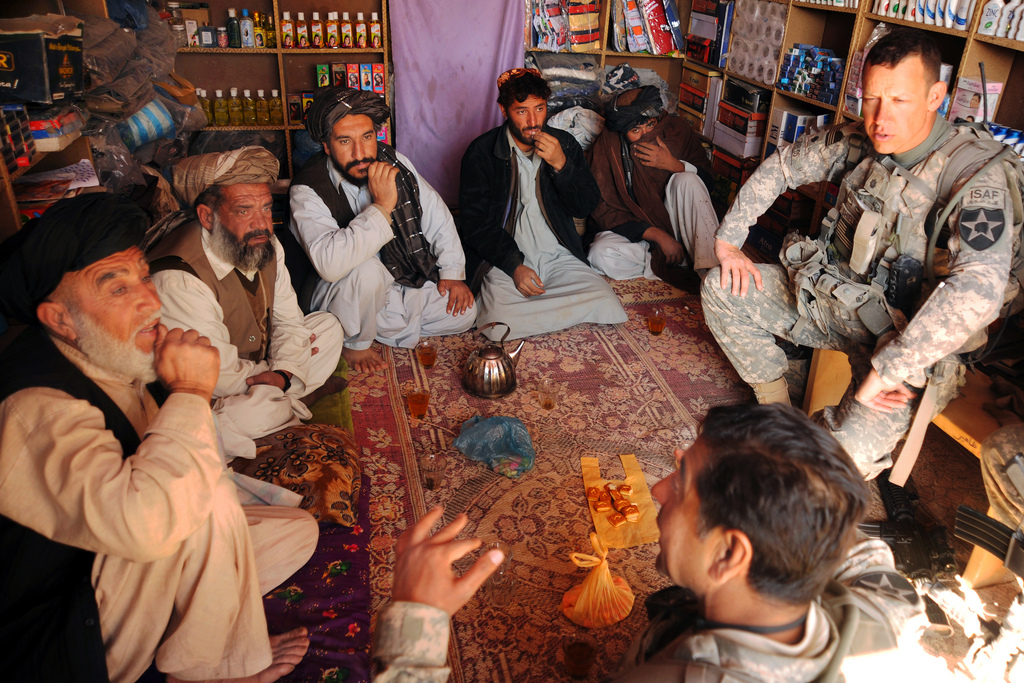When you think of translators and interpreters, you probably imagine them seated behind a desk where the dangers include carpal tunnel syndrome and papercuts. But did you know that some translators and interpreters are murdered? Translators and interpreters are experts in language and culture, who facilitate communication where it is needed, but it is not always needed in ideal circumstances. A number of translators and interpreters regularly fear for their lives as they go about helping people communicate.
Around the world, military forces from different countries face dangers every day while they fulfill their duties. In many of these war zones, civilian translators and interpreters become key team members that help forces interact with local populations and alert them to dangerous situations. However, they often do not enjoy the same protections the military forces have, particularly once their services are no longer needed. Civilian translators and interpreters are common targets for retaliation, which include kidnapping and murder.
“This is why it is so important to help protect the lives of civilian translators and interpreters,” says Kenneth Richard Clark, Chairman of Red-T. The non-profit organization Red-T advocates for the safety of linguists in high-risk settings and has put forward a draft UN resolution. It would provide a legal framework for civilian translators and interpreters and a basis for their protection.
The draft UN resolution is supported by the International Association of Professional Translators and Interpreters (IAPTI), International Federation of Translators (FIT), International Association of Conference Interpreters (AIIC), Critical Link International (CLI), World Association of Sign Language Interpreters (WASLI) and most recently Archbishop Bernardito C. Auza, Apostolic Nuncio and Permanent Observer of the Holy See to the United Nations. A Change.org petition is planned next.
To learn more about how you can help translators and interpreters who are at risk, please go to http://red-t.org/.

